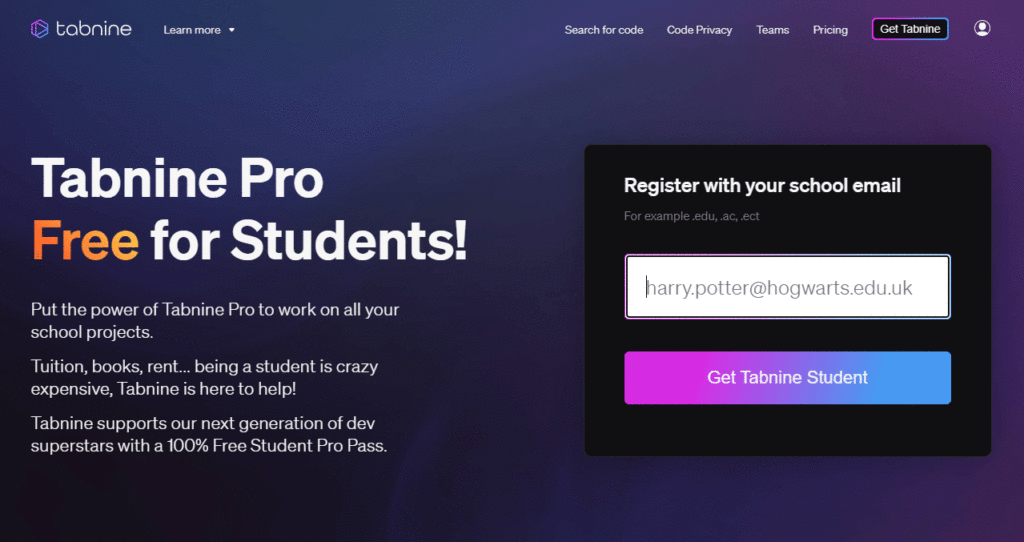Whether you’re just getting started as a developer or sharpening your skills to hunt for your next big career opportunity, this list of dos and don’ts will help you navigate the unforgiving seas of uncertainty many developers face.
If you’re in it for long-term career success and marketability go with Hybrid, hands down, every time. Take a quick peek at your favorite job posting board and you’ll see employers are looking for candidates with expertise in a couple of key areas plus a general level of knowledge in many others.
Being a Hybrid style developer demonstrates to prospective employers and teammates an ability to acquire a deep, vast, and valuable knowledge base in a specific area while simultaneously illustrating the in-demand flexibility needed to pick up a working level knowledge of new technologies and tools.

Mentors make a major difference. They can give you advice that sets you on a path to success, they can help you avoid massive mistakes, and they can open doors and introduce you to the right people at the right time.
Reaching out to friends, acquaintances, teachers, or even total strangers on a social platform might be way outside of your comfort zone but the truth is most people love giving advice about how they achieved their success. A well-worded message letting them know that you admire what they do and would genuinely appreciate some of their hard-won wisdom may lead to a long and mutually rewarding friendship.
Whether you’re planning to build a soaring skyscraper or an enduring career as a developer, it’s always a good idea to start with a deep, strong foundation. There is an enormous gulf between knowing a programming language and being able to create concise and elegant code with that language. Many people ‘understand’ English, few have the skill to write a series of intricately interwoven best-selling novels.
Achieving a level of comfort with programming fundamentals will give you enormous confidence. You’ll begin to recognize similarities and patterns like how JavaScript and PHP are both object-oriented languages that utilize first-class functions. You’ll pick up acronyms and shorthand jargon that will make it easier to quickly communicate ideas with team members, and you’ll begin to be able to problem-solve in more abstract ways.
It’s often been said that there are no stupid questions, I’m here to tell you that’s stupid! It’s true, asking for help is great, it can save you, your team, and the company you work for tons of time and money, and it can help avoid disastrous mistakes. But, wasting coworkers’ time with questions that you could easily find the answer to yourself with a bit of Googling is a big no-no.
If you’re like most junior developers, you’ll likely feel overwhelmed in your early days on the job. A combination of tips 1, 2, and 3 (see above) will help with that. Stress and anxiety will eventually give way to comfort and confidence but at some point, you’ll come across a problem you can’t solve alone. Before you jump to ask for help, write a well-thought-out question that details the problem you’re up against, the steps you’ve already taken to try and solve it, and your goals. The person that you’re asking for help will appreciate the time you have invested.
New technology and tools seem to change as quickly as the weather. It’s always wise to know which way the wind is blowing and keep an eye out for rough seas and career-crushing storms. It also puts you at an advantage if you can hop on board the latest trend before the ship sails.
Changes can make some of your skills obsolete, that’s another big plus for Hybrid style developers (see tip 1 above). Even though change happens quickly in tech it rarely happens instantly. If you follow the right industry news blogs you’ll have all the time you need to pivot and adjust to change with some new ‘skills to pay the bills.’
Here are a few industry news sites to get you started:

Picking the right IDE for your style of work and setting it up with all of the extensions/plugins that keep you focused and productive can make all the difference in your early days as a developer. There are tons of time-saving tools out there, obviously, Tabnine is always at the top of my list, when it comes to AI-powered autocompletion tools nothing else even comes close.
Tabnine puts their money where their mouth is when it comes to supporting the dev community by giving away hundreds of thousands of dollars worth of Free Tabnine Pro licenses to students. You can register to get your Free Tabnine Pro Student license HERE, or grab your Free Tabnine Basic, or Tabnine Pro license HERE.
Here are a few more great options:
Long hours fade into long weeks. If you’re writing code all day, every day, burnout is almost inevitable. Pace yourself and manage expectations carefully – yours and your managers. It’s great to put in some extra hours in those first few months to try and get over the ‘rookie’ hump, just remember your career is a marathon, not a sprint so leave some gas in the tank for the long haul.
As soon as it makes sense for you, start to set aside time for personal projects. It will help you shake off the mundane monotony of junior developer ‘code monkey’ tasks. Look for creative opportunities that let you stretch your skills beyond their limits, that’s the sweet spot where every great developer learns and grows.

Hopefully, some of these pearls of wisdom will help you out of a tough spot, or maybe avoid a perilous pitfall altogether. One more thing worth mentioning – pass on what you’ve learned to others.
Before you know it you’ll have months and then years of experience behind you, that’s when some wide-eyed ‘newbie’ will wander into your workplace looking lost and overwhelmed. You might still feel like a ‘junior developer’ but your experience relative to theirs will seem vast, and valuable – do what you can to help them out.